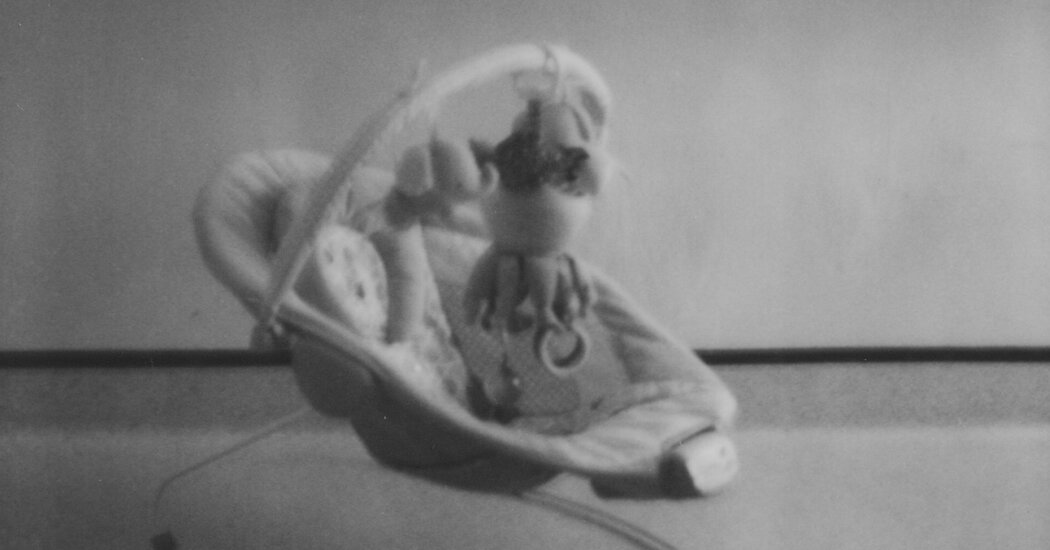The rare condition can cause hallucinations and delusional thoughts in expecting or new mothers. But it is treatable.
The pregnancy and postpartum period is defined by changes — many of them invisible.
“Being pregnant is stressful, physically and psychologically,” said Dr. Giles Berrisford, a consultant psychiatrist who provides perinatal care in Birmingham, England, and Abu Dhabi.
Women are at a greater risk of mental illness during late pregnancy and the first year postpartum than at any other time in their lives. One in eight new mothers will experience postpartum depression, with symptoms like extreme sadness, insomnia and social withdrawal that can emerge in the first year after giving birth.
Postpartum psychosis is considerably rarer — it affects between one and two women per 1,000 births worldwide. Some experts say the number may be higher, though, as women are often misdiagnosed.
“The consequences of missing a diagnosis of postpartum psychosis can be serious. Both the mom and children are at high risk of harm,” said Wendy Davis, the executive director of the nonprofit Postpartum Support International.
What is postpartum psychosis? And what are the signs?
The condition affects expecting or new mothers up to one year after they give birth. Symptoms often begin within two weeks of childbirth — sometimes, just hours after — but can also develop months later.
